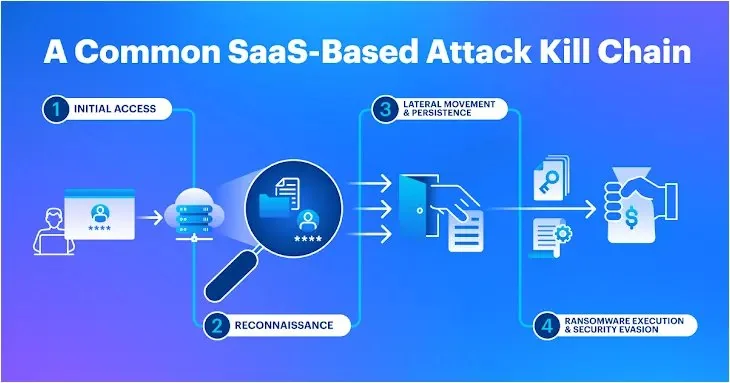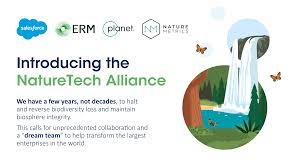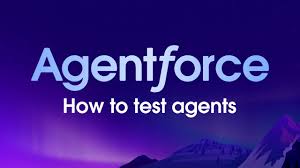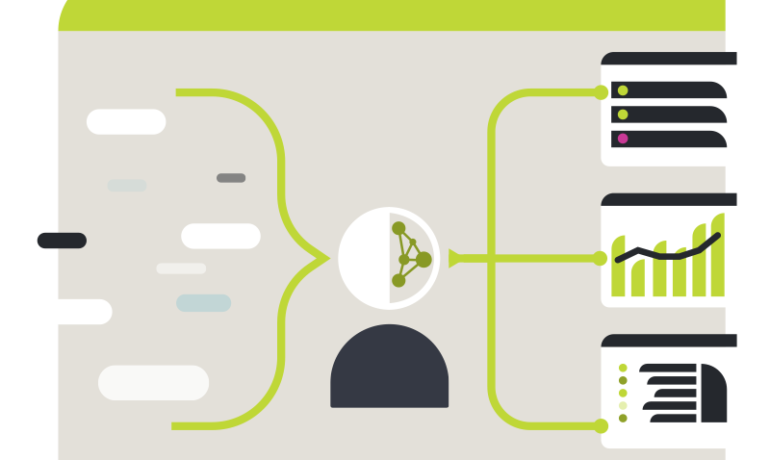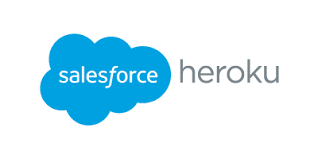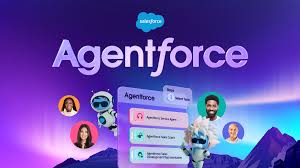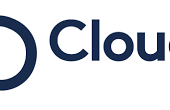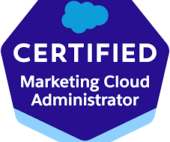UK Leading AI’s Third Wave
The UK Leading AI’s Third Wave: Insights from Salesforce’s AI Readiness Index Salesforce’s latest UK AI Readiness Index positions the UK as a frontrunner in the third wave of AI innovation, particularly in agentic AI—autonomous systems capable of decision-making and action. This comes as nations globally compete for leadership in AI development, with significant implications for economic growth, national security, and technological sovereignty. UK’s AI Readiness Exceeds G7 Averages The index reveals that the UK’s overall readiness score is 65.5, outpacing the G7 average of 61.2. Both government and business sectors outperform their peers, reflecting a robust environment for innovation. Zahra Bahrololoumi, CBE, UKI CEO of Salesforce, highlights the transformative potential of this technology, stating: “Agentic AI is revolutionising enterprise software by enabling seamless collaboration between humans and AI agents, driving customer success. The UK AI Readiness Index affirms the UK’s vision and infrastructure to lead globally in this new wave of innovation.” Driving Forces Behind UK’s Leadership The UK’s strength lies in its holistic approach to AI development, integrating: Minister for AI and Digital Government, Feryal Clark, notes: “These findings are proof that the UK is primed to leverage AI’s potential, showcasing our strength in fostering innovation, investment, and collaboration across sectors.” AI in Action: Transforming UK Businesses Salesforce’s Agentforce platform is helping UK organisations capitalise on AI’s potential. Leading companies such as Capita, Heathrow Airport, and Bionic have reported significant productivity gains: The Road Ahead: Maintaining Leadership The report outlines key priorities for sustaining the UK’s position: Salesforce’s commitment to the UK includes a $4 billion investment over five years and the opening of its AI Centre in London, aimed at training developers and administrators in cutting-edge AI technologies. What the Experts Say Antony Walker, Deputy CEO of techUK, remarks: “The Salesforce UK AI Readiness Index highlights the UK’s strong position to lead the next wave of AI innovation. By supporting SMEs, investing in skills, and ensuring flexible regulation, the UK can solidify its global AI leadership.” Paul O’Sullivan, UKI CTO and SVP Solution Engineering at Salesforce, reinforces the urgency: “We are in the third wave of AI—an autonomous age moving at unprecedented speed. The UK has a unique opportunity to lead, but this requires sustained focus on skills, innovation, and collaboration.” Conclusion As the AI revolution accelerates, the UK’s leadership in agentic AI positions it as a global AI powerhouse. By balancing innovation with responsibility and investing in infrastructure and talent, the UK is not just adapting to AI’s future but shaping it. Salesforce’s AI initiatives, including its Agentforce platform and London AI Centre, ensure the UK remains at the forefront of this transformational journey. Like Related Posts Salesforce OEM AppExchange Expanding its reach beyond CRM, Salesforce.com has launched a new service called AppExchange OEM Edition, aimed at non-CRM service providers. Read more The Salesforce Story In Marc Benioff’s own words How did salesforce.com grow from a start up in a rented apartment into the world’s Read more Salesforce Jigsaw Salesforce.com, a prominent figure in cloud computing, has finalized a deal to acquire Jigsaw, a wiki-style business contact database, for Read more Health Cloud Brings Healthcare Transformation Following swiftly after last week’s successful launch of Financial Services Cloud, Salesforce has announced the second installment in its series Read more


